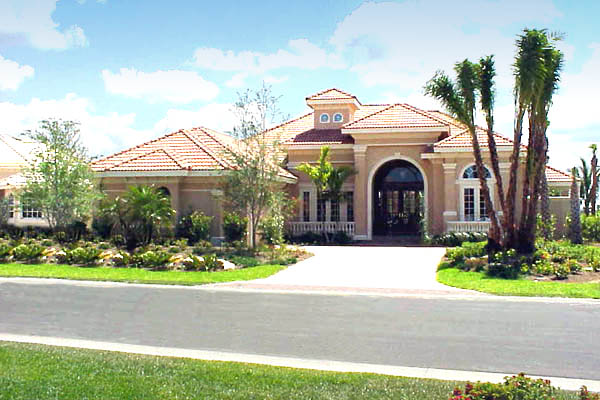END LOAN
End Loan: The Culmination of Real Estate Financing
In the realm of real estate financing, the concept of an end loan holds significant importance, particularly in the context of property development and mortgage arrangements. Often referred to as a permanent mortgage, the end loan represents the final stage in the progression of financing for a real estate project, marking the transition from construction or interim financing to a long-term mortgage.
Understanding the End Loan
An end loan, as the name suggests, represents the end of the financing journey for a property development project. This type of loan replaces any interim financing that was utilized during the construction phase and becomes the permanent mortgage for the property. Typically, end loans are structured to provide long-term financing and may feature fixed or adjustable interest rates, depending on the borrower's preferences and prevailing market conditions.
Significance in Real Estate Transactions
The role of the end loan in real estate transactions is paramount, particularly in the context of new construction or major property development projects. As construction nears completion, developers and property owners seek to transition from interim financing, such as construction loans, to a permanent mortgage that will facilitate the long-term ownership and operation of the property. End loans provide stability and predictability in terms of financing, allowing borrowers to secure favorable terms and effectively manage their ongoing financial obligations related to the property.
Implications for Borrowers and Lenders
For borrowers, securing an end loan signifies the achievement of a significant milestone in the property development process. It represents the culmination of efforts to bring a vision to fruition and signifies the transition to long-term ownership or occupancy of the property. On the other hand, lenders play a crucial role in underwriting and providing end loans, assessing the viability of the project, the creditworthiness of the borrower, and the overall risk associated with the financing arrangement.
Conclusion
The end loan stands as a pivotal component of real estate financing, embodying the transition from construction or interim financing to a permanent mortgage that underpins the long-term ownership and operation of a property. Its significance in facilitating property development, ensuring financial stability, and enabling long-term real estate investments cannot be understated. By comprehending the role and implications of end loans, stakeholders in the real estate industry can navigate financing arrangements with confidence and foresight, ultimately contributing to the sustainable growth and vibrancy of the real estate market.
The end loan stands as a pivotal component of real estate financing, embodying the transition from construction or interim financing to a permanent mortgage that underpins the long-term ownership and operation of a property. Its significance in facilitating property development, ensuring financial stability, and enabling long-term real estate investments cannot be understated. By comprehending the role and implications of end loans, stakeholders in the real estate industry can navigate financing arrangements with confidence and foresight, ultimately contributing to the sustainable growth and vibrancy of the real estate market.
In summation, the end loan represents the culmination of real estate financing, providing a solid foundation for property ownership and investment in the ever-evolving landscape of real estate.
What are the key considerations for borrowers when securing an end loan?
How do end loans impact the stability and predictability of real estate financing?
What role do lenders play in underwriting and providing end loans?
MORE REAL ESTATE TERMS
A, B, C, D, E, F, G, H, I, J, K, L, M, N, O, P, Q, R, S, T, U, V, W, X, Y, Z
Featured New Home

Featured Mortgage Brokers
- KENTUCKY HOUSING CORPORATION, FRANKFORT, KY
1231 LOUISVILLE RD
FRANKFORT, KY 40601 - FIRST HERITAGE FINANCIAL, LLC, TREVOSE, PA
2655 NESHAMINY INTERPLEX DR
TREVOSE, PA 19053 - CrossCountry Mortgage, Inc., mortgage broker in Elgin, IL
374 N Mclean Blvd
Elgin, IL 60123 - SUMMIT MORTGAGE INC, FORT WAYNE, IN
8614 SAINT JOE RD
FORT WAYNE, IN 46835 - PROSPECT MORTGAGE LLC, NORTH CHESTERFIELD, VA
7401 BEAUFONT SPRINGS DR STE 2
NORTH CHESTERFIELD, VA 23225